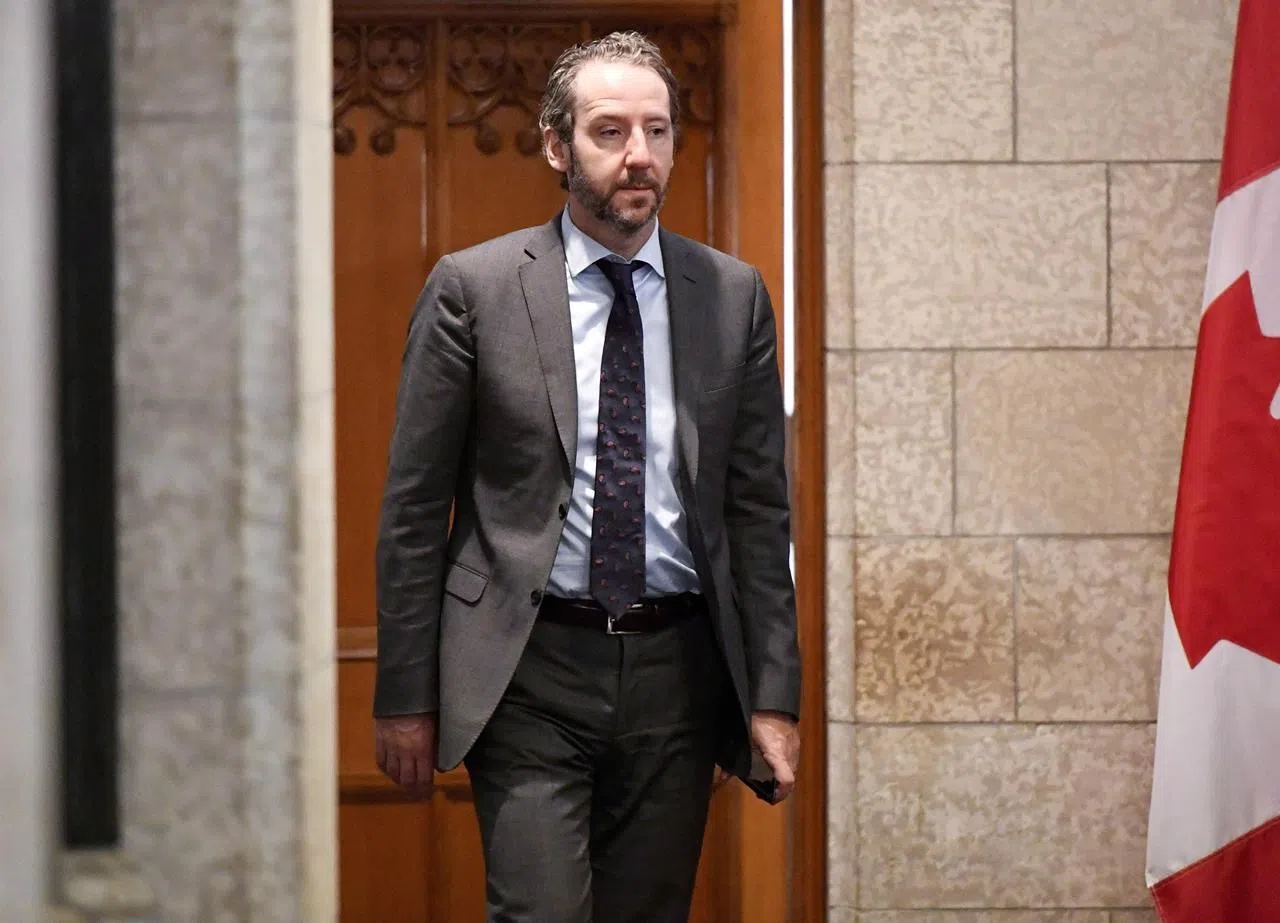
PMO tried to persuade Wilson-Raybould, not intimidate her: Butts
OTTAWA — Jody Wilson-Raybould never complained about improper pressure to halt the criminal prosecution of SNC-Lavalin until Prime Minister Justin Trudeau decided to move her out of her coveted cabinet role as justice minister and attorney general, the prime minister’s former principal secretary says.
Gerald Butts testified before the House of Commons justice committee Wednesday, offering a very different version of events from those described last week in explosive testimony from Wilson-Raybould. In doing so, he gave beleaguered Liberals what they’ve been praying for: some ammunition to fight accusations of political interference in the justice system that have cost Trudeau two cabinet ministers and his most trusted adviser in the past month.
Now that both sides of the story have been aired, Trudeau is to issue his own statement on the affair Thursday morning in a much more comprehensive fashion than he’s done before.
Butts repeatedly said he believes nobody from the Prime Minister’s Office did anything wrong and if Wilson-Raybould felt she’d been inappropriately pressured to intervene in the SNC-Lavalin case, she had an obligation to let Trudeau know as it was happening.


